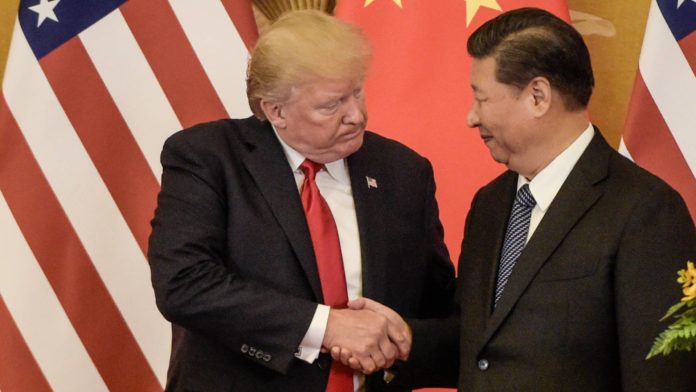Sub-Saharan African countries are experiencing economic distress from the U.S.-China trade war. Although not the target of the trade dispute, U.S. tariffs have precipitated drops in commodity prices, local currencies, and major stock exchanges. African Development Bank experts warn that the trade tensions could cause a 2.5 percent reduction in GDP in resource-intensive African countries and a 1.9 percent reduction for oil exporters by 2021.
The tariff tensions also risk indirectly undercutting U.S. goals of promoting African self reliance, increasing U.S.-Africa trade and investment, and countering China’s expanding influence on the continent. U.S. protectionism, called out by several African leaders as destructive to their economies, risks adding to the perception that the United States is apathetic toward the region. Meanwhile, Beijing has used the trade war to sow anti-U.S. sentiment and bolster its image as Africa’s favored foreign partners.
As the U.S.-China tariff negotiations proceed, the U.S. government should seek to counterbalance the trade war’s negative effects on sub-Saharan Africa. There are a series of measures available to Washington to strengthen its U.S.- Africa strategy, including through its Prosper Africa initiative, and resolve the contradictions surfacing between its global and regional policies.
CENTER FOR AFRICAN STUDIES
Center for Africa Studies (AFRAM) which located in Ankara, is an organization facilitating under the administration of African Affairs Council (AFAC). It makes various researches about Africa to enhance economic and cultural bounds between Africa and Turkey. AFRAM’s publishings has been shared with different institutions as they require to obtain.
AFRICA OBSERVATORY
Africa Observatory is one the publishing of AFRAM and it has been published each two weeks. It has been delivered to different institutions via e-mail.






